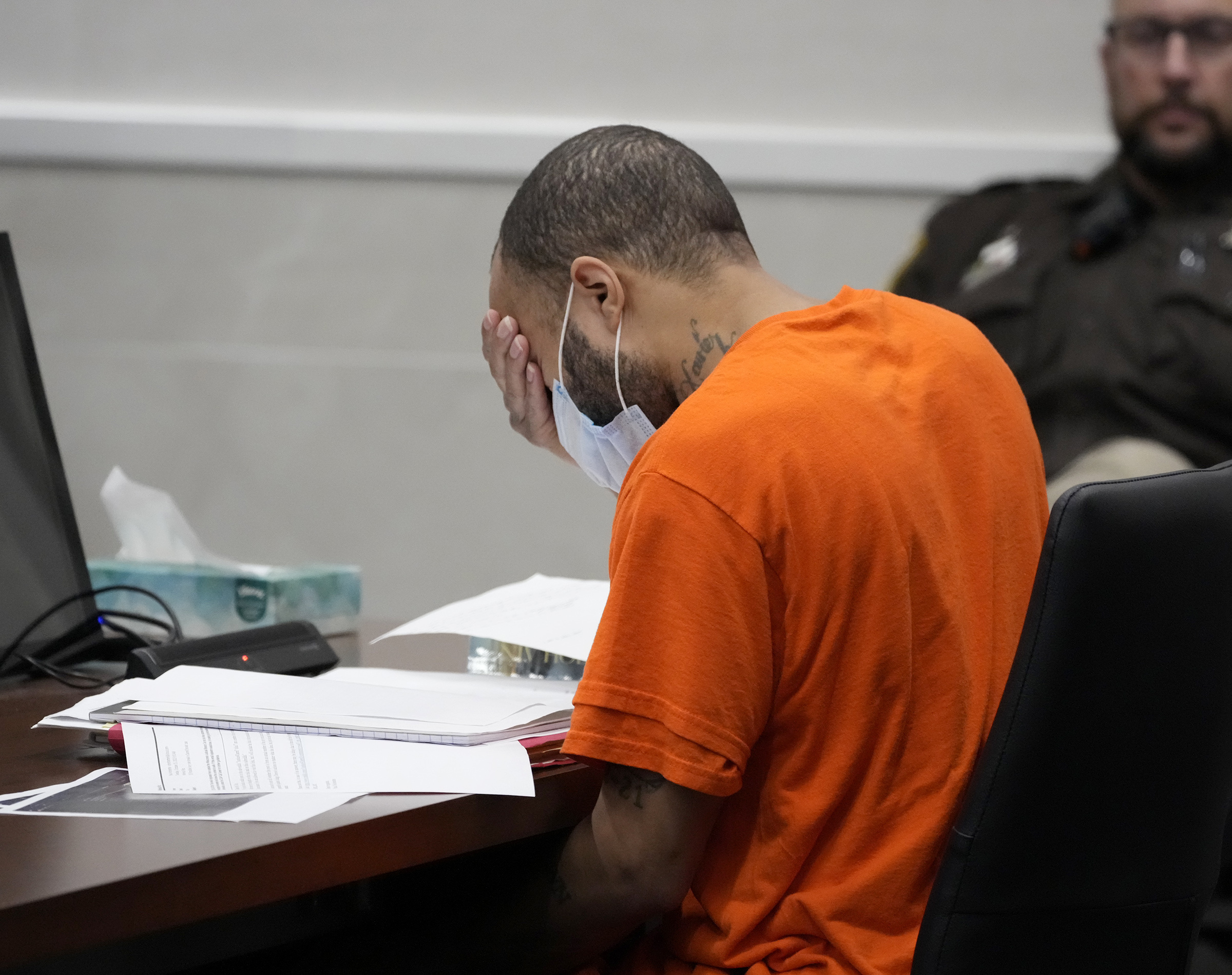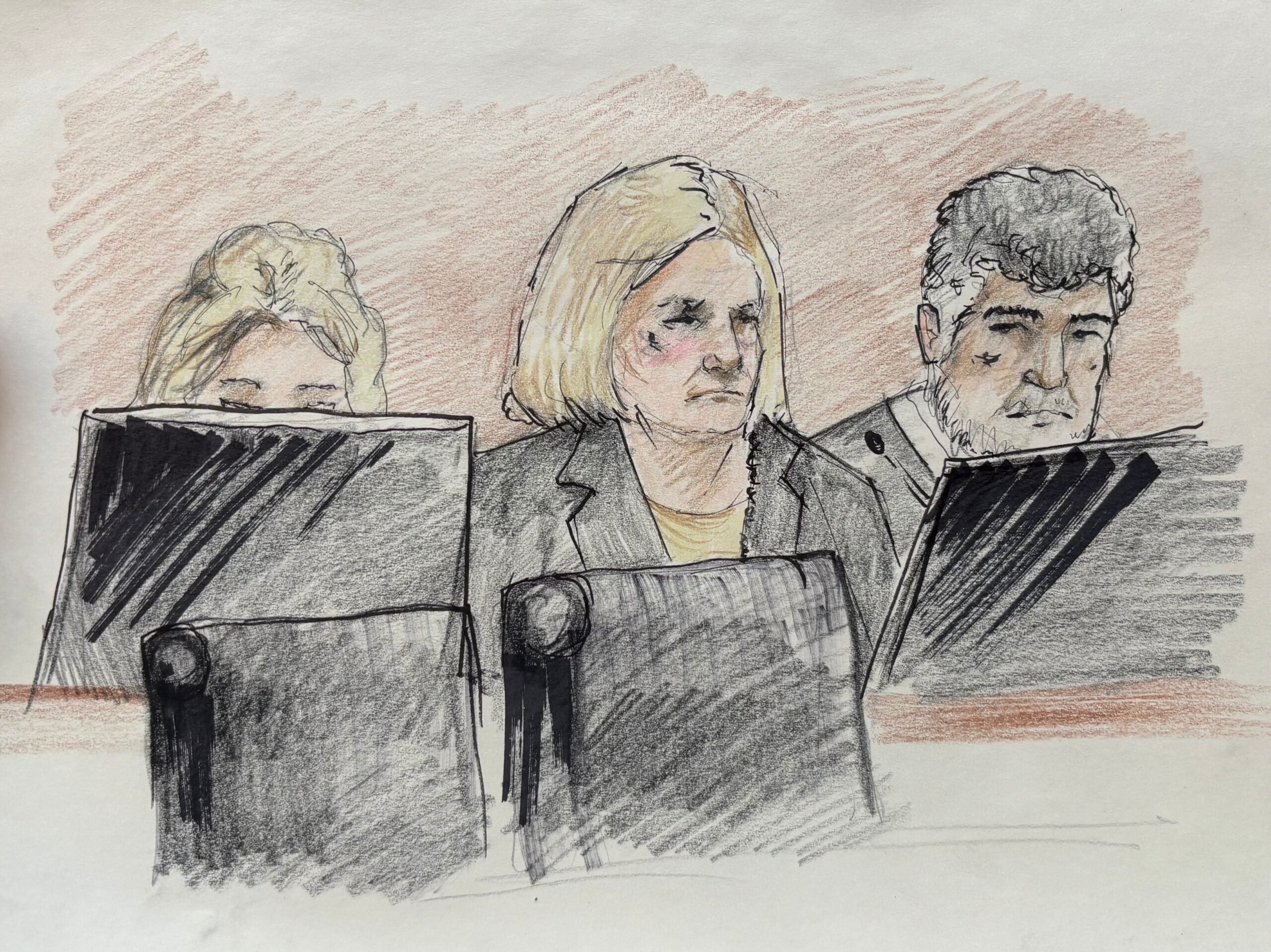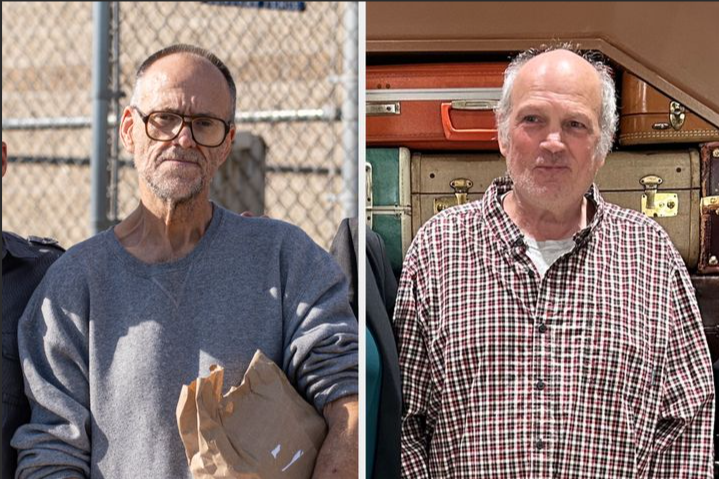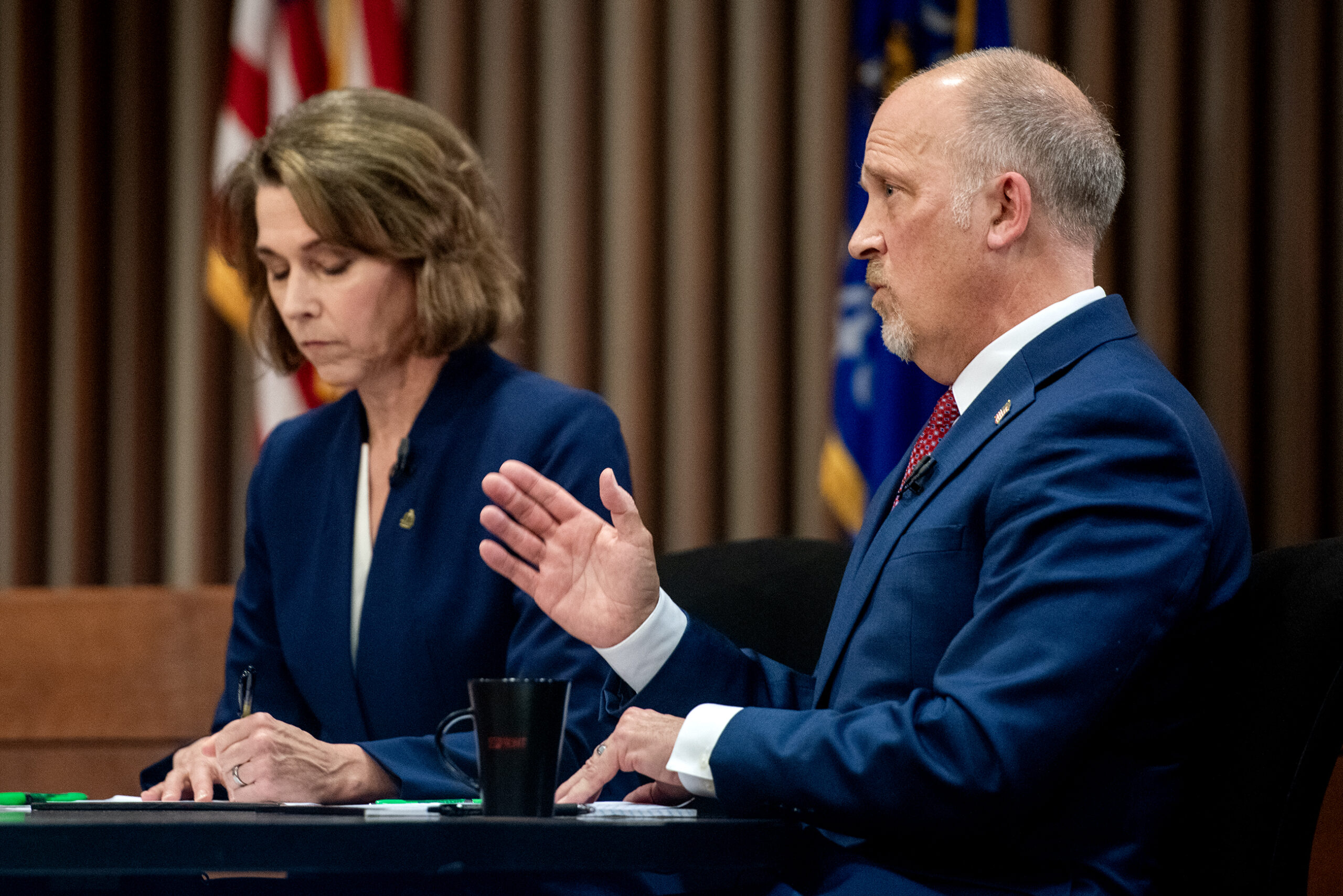As the sentencing hearing for Darrell Brooks Jr. draws near, legal experts believe the appeals process could be a lengthy one.
In a letter he sent to Waukesha County Circuit Court Judge Jennifer Dorow Friday, Brooks said he plans to appeal his conviction. But winning such an appeal could be a long shot.
Brooks is facing a mandatory life sentence after a jury’s verdict last week found him guilty of six counts of first-degree intentional homicide and 70 other criminal charges for plowing his vehicle through the Waukesha Christmas parade last year.
News with a little more humanity
WPR’s “Wisconsin Today” newsletter keeps you connected to the state you love without feeling overwhelmed. No paywall. No agenda. No corporate filter.
Waukesha County Deputy District Attorney Lesli Boese said Monday she believes 35 individuals will give victim statements during sentencing, scheduled for Nov.15 and 16.
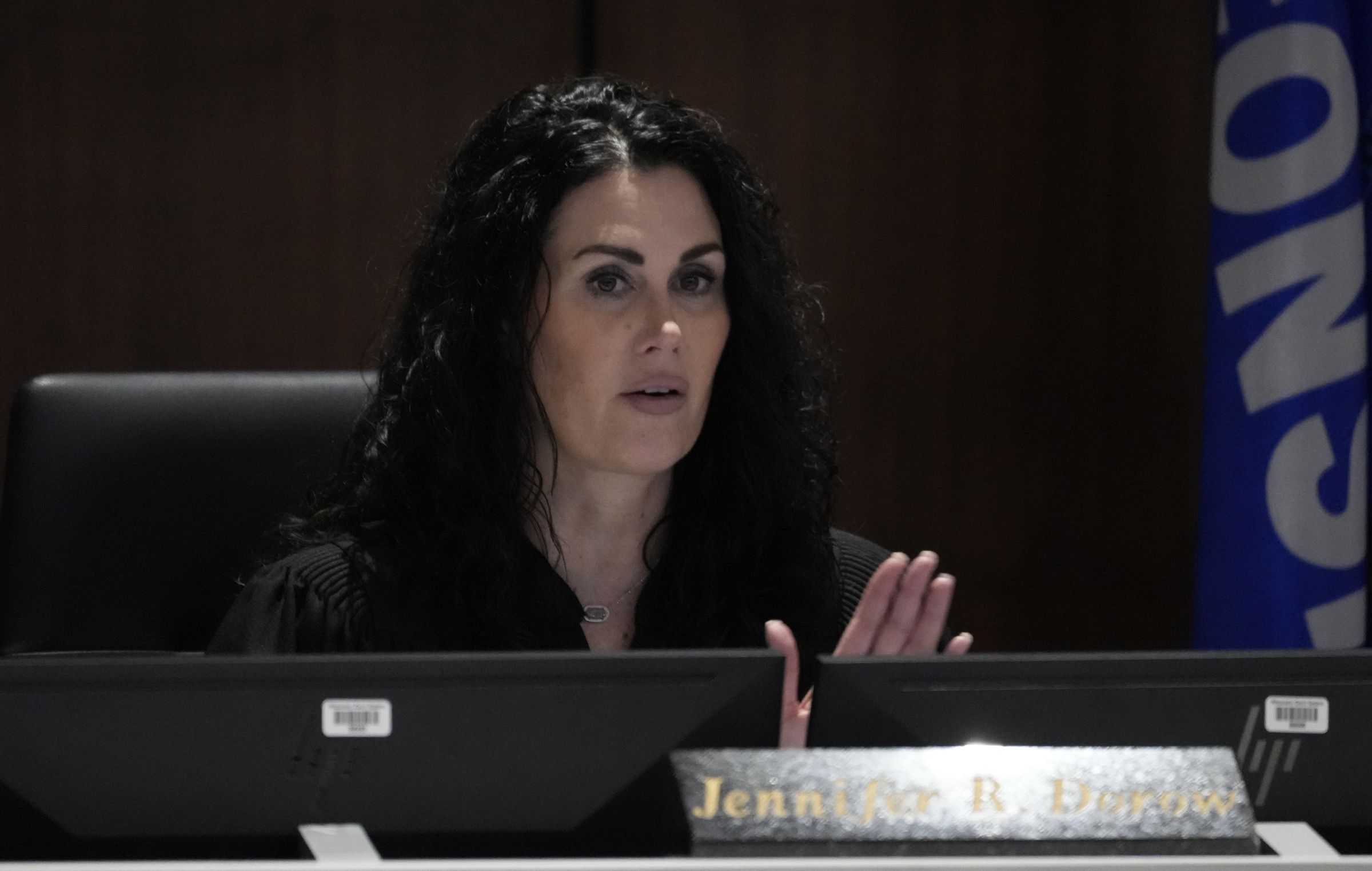
Along with the mandatory life sentences for the homicide convictions, Dorow will decide Brooks’ sentence for the lesser charges, which include reckless endangerment, bail jumping and hit-and-run involving injury and battery.
Keith Findley, a law professor at the University of Wisconsin-Madison School of Law, said Dorow will have discretion when it comes to the lesser penalties.
“In the end though, we know that the court is going to sentence him to spend the rest of his life in prison,” Findley said.
Appeal process could take months
If Brooks does appeal, Findley said the entire process could take months, or longer.
Brooks will have 20 days after sentencing to initiate the appeal. That includes filing a one-page document, titled a notice of intent to pursue post-conviction relief.
Once he files that, he’s entitled to a new attorney to review the case. He could also represent himself again, if he wanted to.
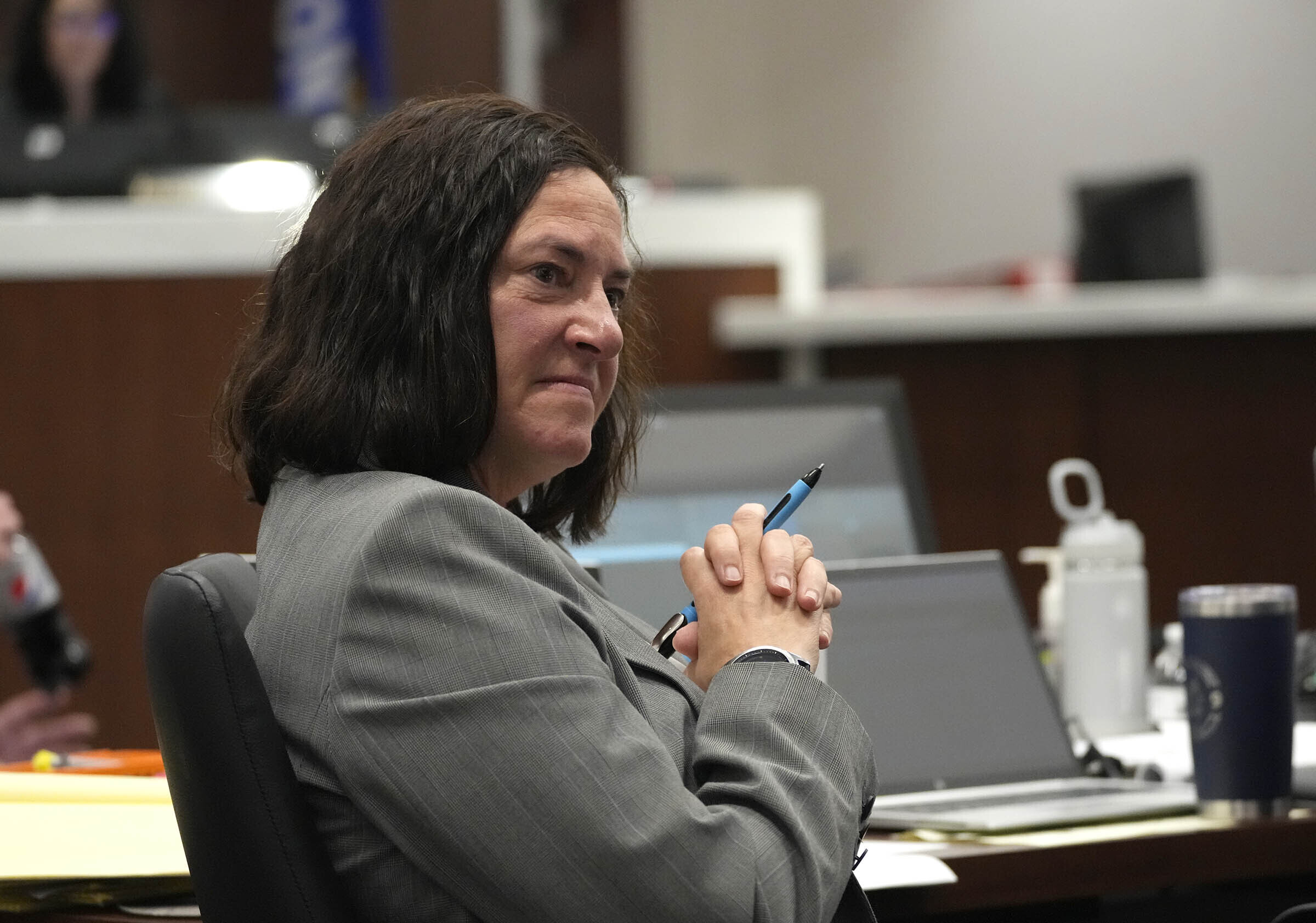
The transcripts from the trial would then be ordered and once they’re available, Brooks or his attorney could decide what to do after reviewing the record. That could also include an investigation which would examine if there were any errors made or if there were any facts that were not disclosed by the state to Brooks.
“He could either file a post conviction motion back in the trial court, raising new issues to challenge the conviction, or he could go straight to the Court of Appeals,” Findley said.
If he files a motion to the Waukesha County Circuit Court, the judge would have 60 days to decide that motion.
“If it were to go up to the Court of Appeals, then the Court of Appeals would take briefing on it and once the briefing was all done — which itself could take several months or more — the court would then take the case under advisement, and there is no deadline for a decision on that,” Findley said.
Ion Meyn, an assistant professor of law at UW-Madison, said the Court of Appeals could look at if there were any mistakes Dorow made during the trial.
“Even if there were those mistakes … those mistakes have to be, from the Court of Appeals point of view, so prejudicial that there’s a likelihood that they would change the outcome of the case,” Meyn said. “That’s just not going to happen in this case.”
Findley said Dorow was put in a difficult spot because of Brooks’ actions. That included repeated disruptions by Brooks and objections to nearly every motion made by the state.
“It’s just an inherently difficult situation, which anything that’s difficult like that is something that could be reviewed by a higher court,” Findley said.
Judge was extra careful throughout the trial
Although Dorow removed Brooks from the courtroom multiple times, she never held him in contempt of court. She also gave him opportunities to return to the courtroom if his behavior calmed down.
That was a strategic move, Meyn said.
“I think she (Dorow) saw the bigger picture, which was ensuring that this survived any kind of appeal by him (Brooks) as to actions she took regarding his right to represent himself and confront witnesses,” Meyn said.
Meyn said he understood why Dorow was patient with Brooks and allowed him to attempt to make objections. He said her job was a “balancing act.”
“I thought she (Dorow) did a really good job and had a lot of patience and give him (Brooks) the latitude that one would expect to someone representing themselves, while at the same time maintaining a sense of civility and decorum and procedures that are so foundational to a fair trial,” Meyn said.
Wisconsin Public Radio, © Copyright 2025, Board of Regents of the University of Wisconsin System and Wisconsin Educational Communications Board.

